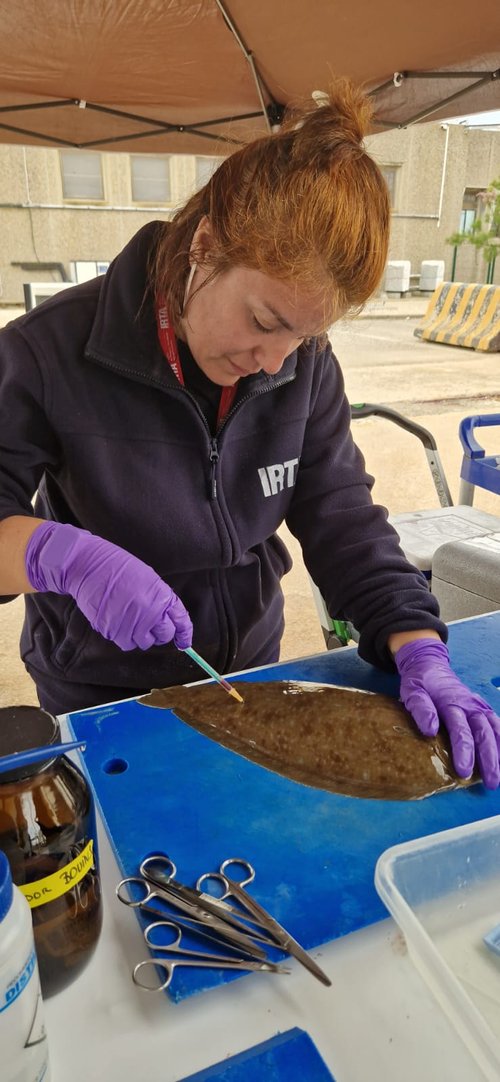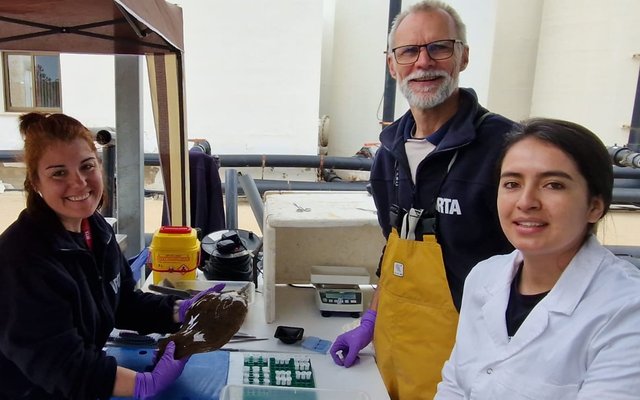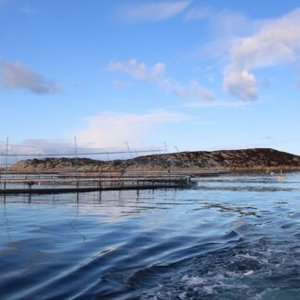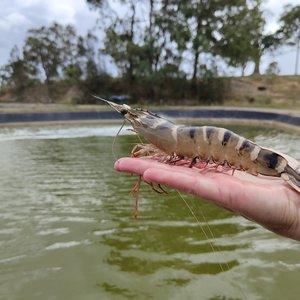The Spanish Institute of Agrifood Research and Technology (IRTA) and SEA EIGHT, one of the leading producers of Senegalese sole (Solea senegalensis), have established a collaboration agreement to advance the improvement of reproductive processes in this key species for Mediterranean aquaculture.

The four-year research project aims to optimize reproductive synchronization and the quality of gametes — both oocytes and sperm — to ensure stable, efficient, and sustainable production.
Senegalese sole is a flatfish of high gastronomic and economic value, highly appreciated by consumers and experiencing growing demand. In 2024, European production reached 2,600 tons. However, its reproduction in captivity remains one of the main bottlenecks in the sector.
Among the challenges faced by the industry are the lack of synchronization in spawning, the low quality of sperm in second-generation individuals, and the difficulty of establishing reliable fertilization protocols that do not depend on wild specimens.
To address these needs, IRTA has adapted its facilities and designed a new unit specifically for the maintenance and management of sole broodstock. This space incorporates IRTAmar technology and enables the control of critical parameters such as photoperiod and water temperature, two key factors for inducing sexual maturation and improving reproductive synchronization.
Work will also include hormonal protocols, nutritional and environmental strategies, and advanced techniques such as in vitro fertilization and sperm cryopreservation. All of this will help identify and select individuals with the best reproductive potential and optimize production quality.
According to Neil Duncan and Elvira Fatsini, researchers in IRTA’s aquaculture program, “our challenge is to better understand the reproductive physiology of sole in order to apply concrete and effective solutions. This collaboration will allow us to develop reliable reproductive protocols, while also transferring this knowledge to companies to promote more efficient and sustainable aquaculture.”
This project consolidates an existing relationship between IRTA and SEA EIGHT and exemplifies how public-private collaboration can address real challenges in the aquaculture sector. In addition, both entities have agreed to work together to identify public funding opportunities that would allow this research to be scaled up and consolidated, with the goal of achieving more efficient, sustainable, and fully industrialized sole production.













